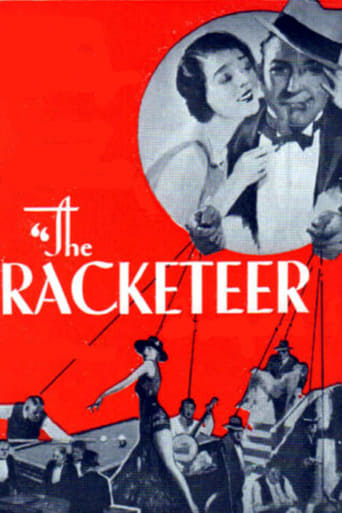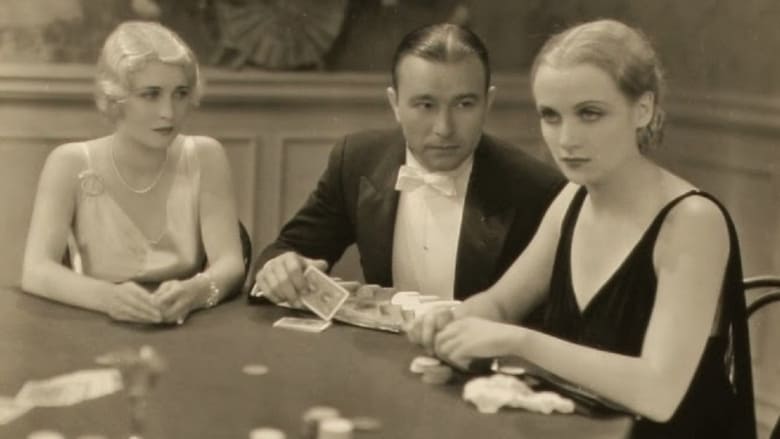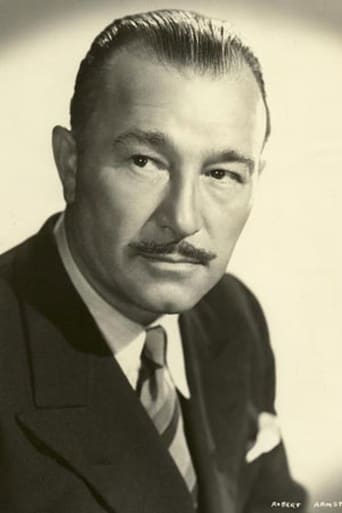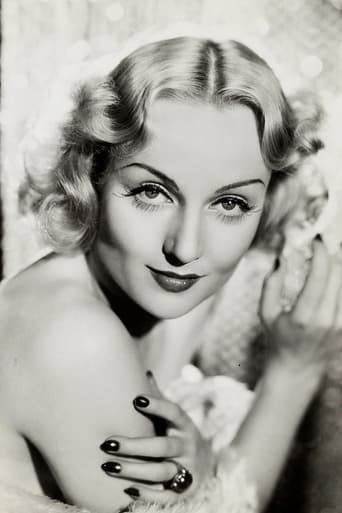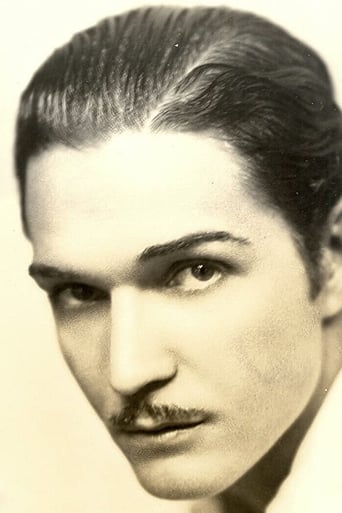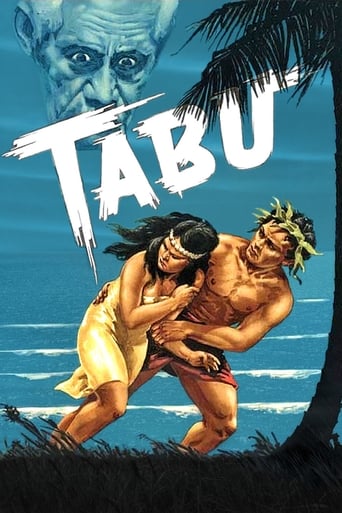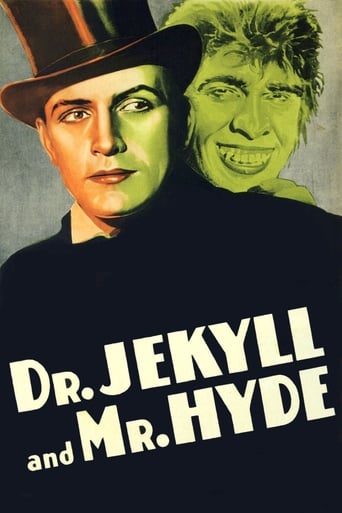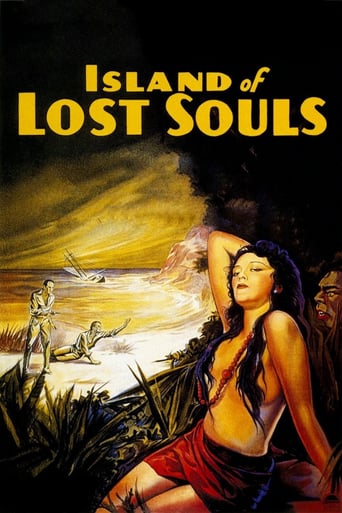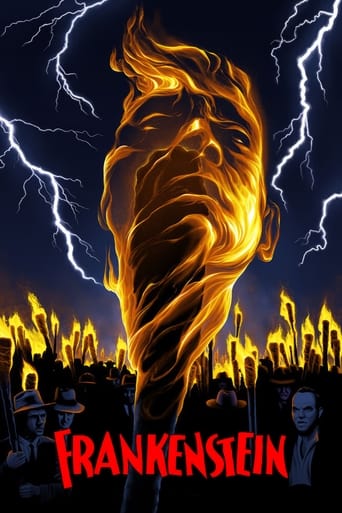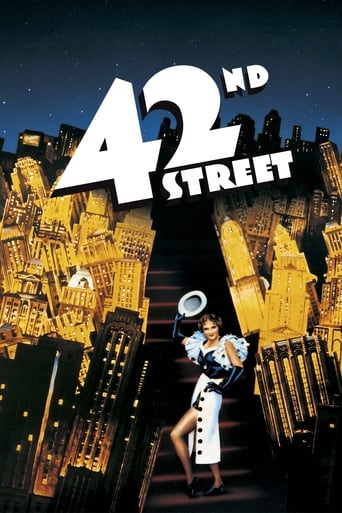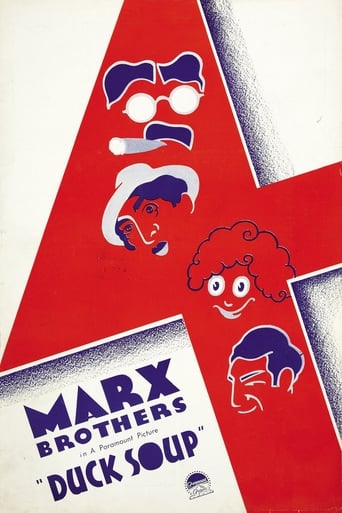The Racketeer (1929)
A dapper gangster sponsors an alcoholic violinist in order to win the love of a glamorous divorced socialite.
Watch Trailer
Cast


Similar titles
Reviews
To me, this movie is perfection.
This is one of the few movies I've ever seen where the whole audience broke into spontaneous, loud applause a third of the way in.
A movie that not only functions as a solid scarefest but a razor-sharp satire.
Actress is magnificent and exudes a hypnotic screen presence in this affecting drama.
Who could establish if Armstrong's Mahlon K. is a good role? The actor looks so much his role, and so well, it's puzzling. Dependable supporting cast: Kit Guard and Al Hill; as often with the Pre-Code movies, the script is fundamentally right, whether it's masterful and crafty, or not, but the main thrust exists, and the scenes are leisured, unhurried, as the nice one with Al Hill being menaced, threatened by Paul Hurst. Because the players are unaccustomed with the new asset (i.e., the sound), the movie gains an uncanny dignity; you can feel at once the inexperience and the eagerness. I enjoyed the scene with the orchid. The movie is about the gangsters and about the glamorous world, but more about the gangsters, and we come to know him better than his girlfriend. The romance is one side of Mahlon's existence, as is his presence at the charity, etc.. So, the movie's title gives the right idea about its content. The characters' psyches aren't very profoundly probed, nor is the story echoing meaningful, but it's a way they play the gangsters, as when Squid denies, in front of the racketeer, having witnessed Gus' move, a gnarled style that has been neglected or abandoned later, a powerhouse and streetwise vehement style, sometimes coarse or pompous (the initial scenes with Mahlon), a bombastic roughness of the guttersnipes; the characters' names are nicely chosen: Mahlon, Rhoda, Mehaffy, Squid .The cast is better than the script; I liked the writing of the scenes, yet the plot is somewhat generic, and the romance could of been deepened more thoroughly (a divorcée rebel girl is ready to marry a racketeer when her passion, a drunkard musician, seems to wish to leave her).Hedda Hopper does her role of cheeky casualness, a nonchalant, worldly and domineering lady, a situation when someone's delusions of appeal serve the role.Kit Guard plays the henchman, Gus.
Mahlon Keane, the racketeer of the title, is in control of New York; if a serious crime takes place he knows about it; whether it is a bank robbery or the theft of the police commissioner's car. He enjoys winding up the police; in the opening scene we see him give a drunken violinist fifty dollars and put him in a cab so a cop can't arrest him for vagrancy. The violinist is a friend of attractive divorcée Rhoda Philbrooke; she is determined to get him off the booze and back on the stage but lacks the money she needs. She takes the fifty bucks to a charity evening and proceeds to a poker table where Keane is acting as dealer. Things start well but then it looks like she is going to lose; until she is able to switch a card while the other players are distracted. Keane sees her cheat but covers for her. Later he visits her and helps with her friend. As time passes they grow closer but Keane's business could ruin their relationship.Being over eighty years old it isn't surprising that the film looks dated literally. No doubt it was nice and crisp when first shown but by the time it was put on DVD the print was inevitably rather scratched and otherwise degraded. At sixty six minutes it is fairly short but it doesn't feel too rushed. Robert Armstrong does a good job as Keane; a believable villain who can be threatening one minute and charming the next. Carole Lombard is equally good as Rhoda; attractive and likable but also a flawed character. The ending won't come as much of a surprise as no criminal could be seen to get a happy ending in those days. The action seems very tame by today's standards and some of the talking seems a little stagey; still I found this an enjoyable way to pass an hour.
1929 was a big year for Carole Lombard. Amid heavy accents and stars with poor diction her breezy, lilting voice made her a natural for talkies and this movie really showed up her naturalistic style. Unfortunately Pathe was too involved with the careers of Ann Harding and Constance Bennett to care about her future. It is quite surprising as her notices for "The Racketeer" were very positive.The ever reliable Robert Armstrong is Mahlon Keane, the racketeer, whose life becomes entwined with Tony (Roland Drew), a drunken violinist who collapses in front of him in the street and also Rhoda Philbrooke (Carol Lombard), a beautiful girl who is now a social outcast because of her commitment to Tony. She and Mal meet at a charity benefit when he recognises the $50 bill she uses for a poker game as the one he put in the violinist's coat. Mal catches Rhoda cheating but backs her up. "Just because I cheated, I suppose I've put myself in the bargain basement" - I know it's a creaky, early talkie but I can't help thinking Carole would have shrieked with laughter at the ripe dialogue she had to utter. "Don't ever ask a woman why she wants to cry" - is another example, all said with appropriate melodramatic inflection!!Mal, in his love for Rhoda, gets Tony off the booze and organises a violin recital for him. Tony is grateful (sort of) - actually he is a whiney complainer and why Rhoda wants to stand by him instead of the more manly Mal (I have a soft spot for Robert Armstrong) is completely amazing. The title was obviously designed to appeal to people who had thrilled to "Underworld" and "The Racket" but this movie was very low on thrills.Jeanette Loff had a small part as Millie Chapman. She was know for her beautiful long blonde hair and at this point big things were expected of her. She had a big role in "King of Jazz" where she sang "It Happened in Monterey", "Bridal Veil", and "A Bench in the Park" but after a lead role in the exploitation movie "Party Girl" (1930) she just faded away.
Time has not been kind to this film from the transition days of sound from silent. The plot has a gangster falling for a socialite who wants to help the down on his luck violinist she loves. There are of course complications. The problem with the film for me is that it hasn't aged well. Performances are all over the place with some emotional scenes seeming so over the top as to be laughable. One late exchange where Carol Lombard throws someone out of her room had me howling with its sing song delivery. There are other times when the film becomes static, a sign of the limitations of the microphones. Its not a bad film, its just that the technical limitations of the film get in the way of real enjoyment. Normally I'm forgiving, but this time out I just couldn't go with the flow (Then again the copy I saw was absolutely horrible). Worth a shot in a forgiving mood (and to be reminded that Robert Armstrong actually did more than play Carl Denham in King Kong)

